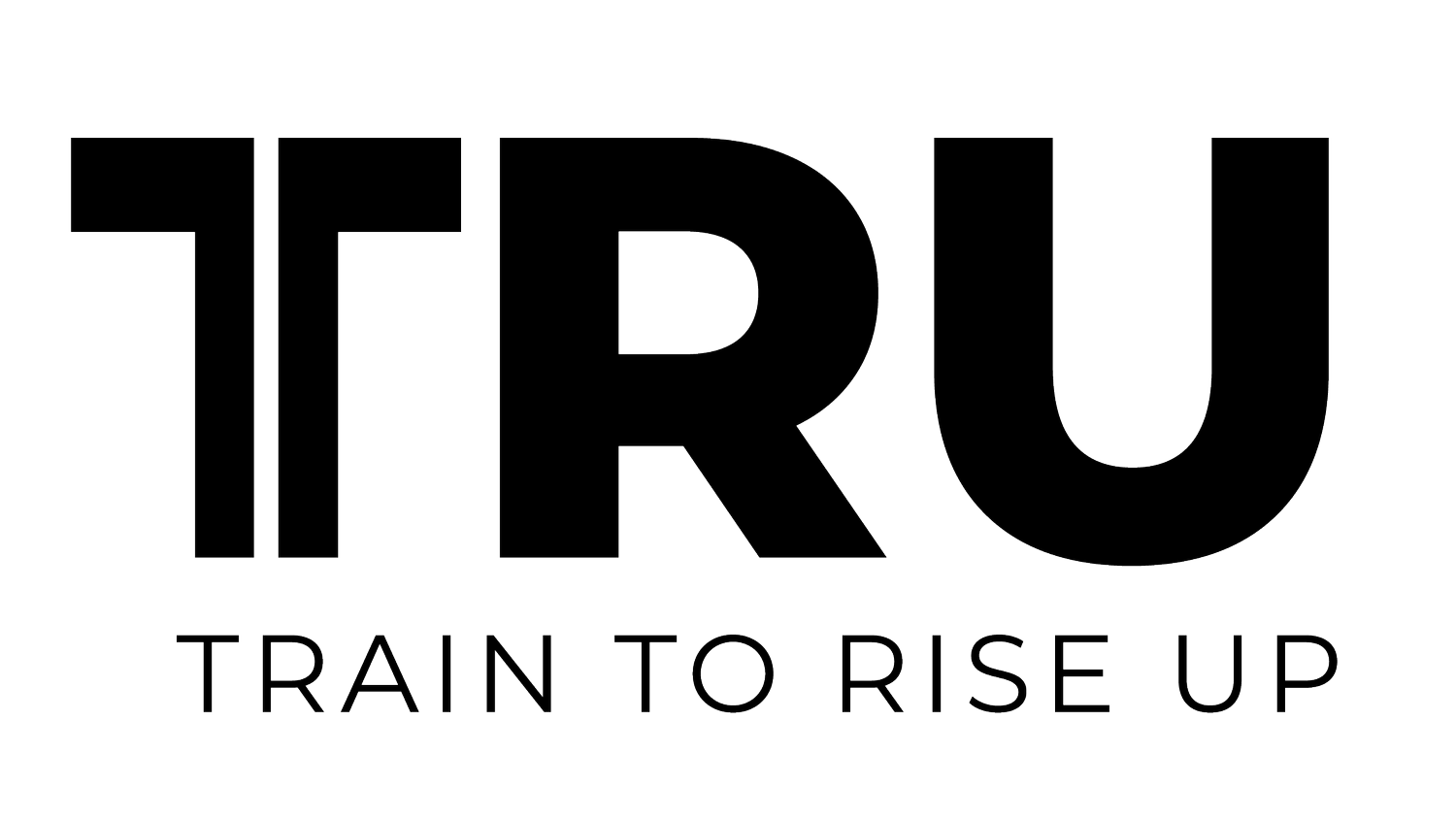Is Food Healthy or Unhealthy?
In the realm of nutrition, the term "healthy" often carries a weighty connotation. It's easy to fall into the trap of assuming that foods labeled as "healthy" are always the best choice. Yet, a crucial facet of a balanced diet often gets overlooked in this pursuit: moderation and overall balance.
When a food item boasts a "healthy" tag, it doesn't grant us a free pass to indulge limitlessly. Similarly, foods labeled as "unhealthy" shouldn't necessarily be banished entirely from our plates. The key lies in understanding that proper nutrition revolves around equilibrium—balancing the intake of calories to meet our body's needs while not compromising on essential nutrients.
Managing our energy intake, whether it's for maintenance, shedding excess fat, or building muscle, requires a conscious awareness of what and how much we consume. However, equally significant is ensuring the intake of micronutrients, which are vital for overall health and well-being.
Prioritizing nutrient-dense foods forms the cornerstone of a balanced diet. Incorporating these into our meals not only optimizes our health but also aids in achieving our desired body composition goals. Starting with an emphasis on the quality of foods rather than fixating solely on quantities can be a more accessible entry point into healthier eating habits.
Begin by embracing whole foods—vegetables, fruits, lean proteins, and healthy fats—as staples in your diet. Gradually, as these choices become ingrained habits, fine-tune portion sizes and caloric intake to align with your individual goals. This approach not only simplifies the process but also fosters a sustainable way of eating that doesn't rely solely on strict calorie counting or meticulous measurement.
In essence, the "healthy" label isn't a carte blanche for unrestricted consumption, nor should "unhealthy" tags deem foods entirely off-limits. Optimal nutrition stems from a balanced combination of mindful eating, quality food choices, and a nuanced understanding of our body's needs. Strive for a harmonious blend of nutrient-rich foods while being mindful of quantities, and you'll pave the way for a sustainable and fulfilling approach to nutrition and overall well-being.
